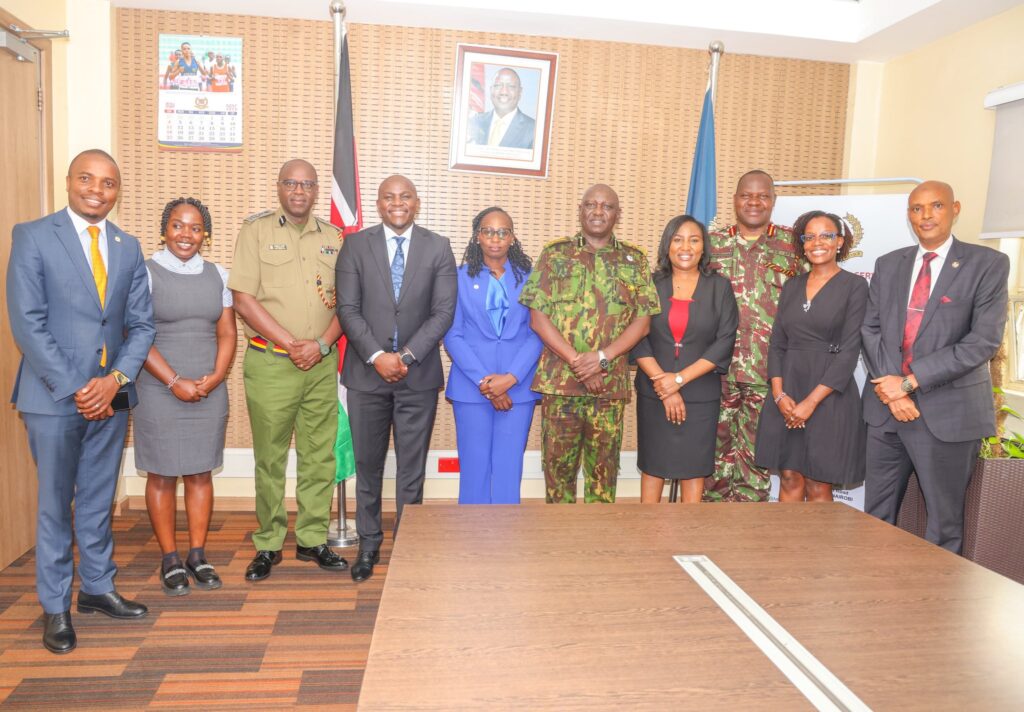Inspector General of Police Douglas Kanja has summoned top police commanders for a crucial meeting in Ngong, Kajiado County, on Wednesday, August 20, to deliberate on security and pending reforms in the National Police Service (NPS).
The meeting, to be held at the National Leadership Academy, will bring together regional commanders and directors across the service. It comes at a time when most parts of the country report improved security due to sustained operations, though regions such as Meru and Embu continue to face sporadic politically-linked crimes.
The reforms under discussion are drawn from the recommendations of the Maraga-led National Taskforce on Improvement of Terms and Conditions of Service for the Police, National Youth Service, and Prisons. President William Ruto has pegged their implementation on the availability of Sh106 billion.
According to Ruto, Sh22 billion will be spent on improving officers’ compensation, Sh37 billion on welfare and hardware upgrades, while Sh45 billion is earmarked for modernization of the services. The National Treasury will shoulder part of the cost, while private investors will be tapped for the rest.
“Some of our officers live in houses that are not different from prisons themselves. That cannot be the case. That’s why we extended the housing program to include institutional houses for the police, NYS, and prisons,” Ruto said, adding that the government has already procured 1,000 e-vehicles for police officers.
The Maraga report identified 598 recommendations, with 271 targeting the police service. While 291 can be implemented administratively without financial implications, others require political goodwill and significant funding. Key issues raised include corruption in promotions, political interference, training reforms, and oversight weaknesses.
Interior CS Kipchumba Murkomen has already directed that all constables aged 50 and above be promoted to address stagnation in the ranks.
Kanja, who has urged officers to embrace the reforms, will be expected to rally commanders behind the ambitious agenda. Analysts note that the framework’s success depends on leadership, transparency, and genuine commitment, factors that have stalled past police reform efforts.
The Ngong meeting will thus be a defining moment for the police service, as its top brass weigh how to deliver on reforms that could reshape policing and restore public trust.

